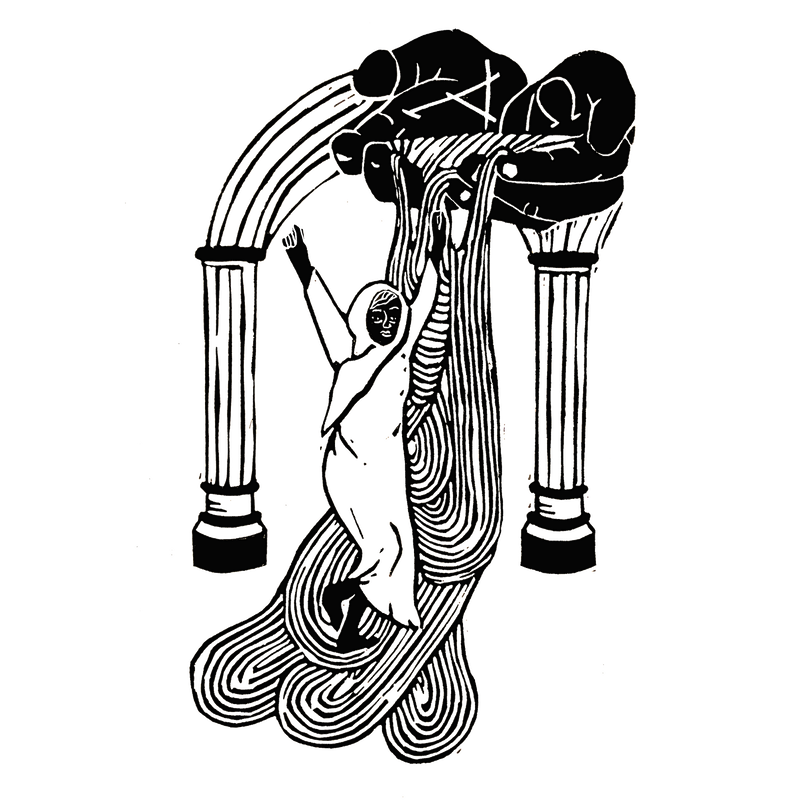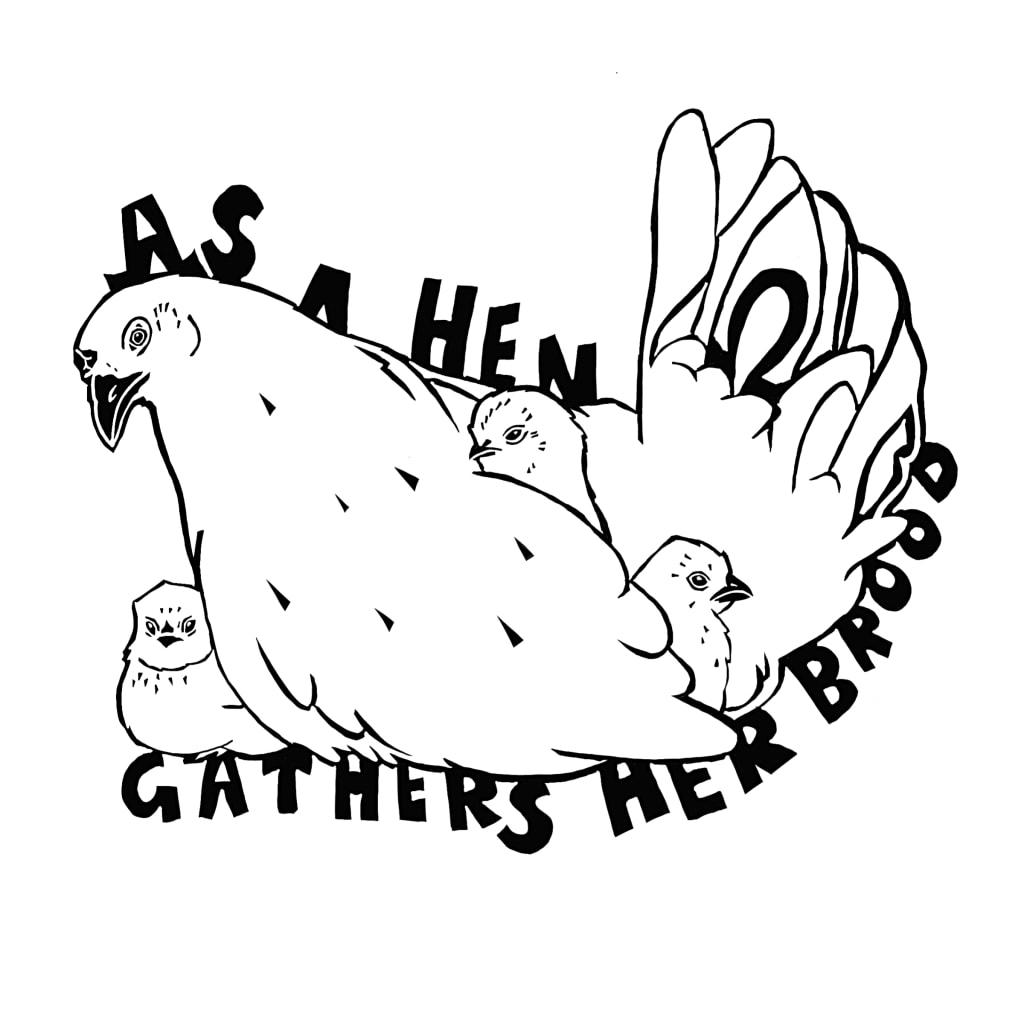The Fig Tree (Luke 13:1-9)
Bible Story with DramaWhat you need
What you do
Biblical Reflection"So many of the judgement sayings of Jesus are depictions of tree chopping and wood-burning, hell fires and, taken out of context, eternal torment. This passage is about what we might call ‘fate’ (as long as we don’t start thinking of ‘fate’ as bigger than God), the age old observation that the rains falls on the just and the unjust alike. Faith in Jesus is not a barrier against the sticky facts of living with mortality. In the second paragraph Jesus turns to focus on readiness, forbearance, patience – the context suggests patience in prayer, and the longing for God’s explanation that all that does not seem right. We have, sometimes against all odds, to hold to the belief that, as Julian of Norwich put it, all shall be well."
- Archdeacon Michael Godfrey The barren fig treeAnglican Movement sermonRev. Chris Darnell presents the third in Anglican Movement's Lenten Sermon Series for 2022.
|
Visio LectioA beautiful image from the Visio Lectio project, created by the Anglican Diocese of Auckland. © Sarah West. All Rights reserved, shared with permission.
Download Terms of Use Gospel ReflectionsThis week Gillian Townsley, Trish Franklin and Anne van Gend have a thoroughly enjoyable time talking with Archdeacon Michael Godfrey about repentance, second chances, and the love of God.
I wonder...
A Second ChanceI once heard the story of a fighter pilot during World War II. It seems that one day, the mechanic who was responsible for putting petrol in the airplane made a mistake. You see, airplanes don't take the same kind of petrol that our cars do. This mechanic was supposed to mix the fuel just right. It wasn't an easy thing and the man made a mistake. The fuel was the wrong kind. When the pilot was up in the air, the wrong kind of fuel was going through his engine. Pretty soon the engine started sputtering and it seemed like the engine was going to conk out completely! The pilot was a very good pilot and he was able to land the plane, but the landing was rough and the plane was badly damaged. The mechanic came running out to to the damaged plane and the pilot, who was, thankfully, unhurt. The mechanic had tears streaming down his cheeks. "I'm so so sorry", he sobbed. "As soon as you took off, I knew that I'd made a mistake. You could have been killed, and it's all my fault." The pilot looked at the mechanic who had been working on his planes. Then he said, "I know how sorry you must be and to show you that I trust that you'll never make this mistake again, I want you to service my plane tomorrow!"
What an amazing example of giving someone another chance and trusting that they'll do better. Our story today is a little bit like that. The owner of the land is fed up with this one particular fig tree that wasn't bearing any fruit. Figs are delicious and every year the owner would come to this tree hoping to find some yummy figs waiting to be eaten. Three years and nothing! The owner was so fed up he wanted the tree chopped down to make room for something else. Sometimes we can be like that tree. We're supposed to give a certain kind of fruit-- love, peace, kindness, helpfulness, honesty and more, but sometimes we don't. We all make mistakes, we might be mean to someone, refuse to help out when we need to or even lie. But God doesn't give up on us. He's like the gardener that wants to give us another chance. He wants to give us good healthy food, speak to us through his word, fill us with his holy spirit so that we can be the kind and loving people that he wants us to be. No matter how many times we disappoint God by not bearing good fruit, he always gives us another chance to do the right things. |
Jesus heals a woman on the sabbath (Luke 13:10-17)
Visio LectioA striking image from Visio Lectio for this week's print design, from Rev. Sarah West. Shared with permission (PNG Download
Terms of Use) |
Gospel ConversationsOne of the reasons we invite such a range of people to be a part of these discussions is because of the richness and variety of people's understandings of the Scriptures. This week, then, you'll have some very different ideas to choose from as you come to the Gospel reading! Jesus heals a woman who has been bent over for 18 years, and Rev Mike Godfrey encourages Chris, Damon and Nicki to work out what is challenging and joyful in a story like that today.
Activity ideasSermon Idea (Ministry for Children)
Decoding Activity (Sermons4kids) Colouring in Activity (Antiochian) Word Search (Sermons4kids) One handed challenges: Zipping a jacket, putting a plaster on, using knife and fork, cutting out etc |
Discussion Questions
I wonder questionsYou may like to ask some questions to help foster empathy and compassion with the woman in the story. Take care if you're acting it out, as this may be difficult to navigate, but you could ask a volunteer (adult or child) to stop over and think about
Some things to note:
|
Healing and DisabilitiesAs with any healing story, we need to be careful not to position those living with disabilities as in some way deficient. For the woman in the text, the story moves her from isolation to freedom and to an upright stance and, in speaking to the leaders of the Synagogue, Jesus names her clearly as a Daughter of Abraham. This participation in, and identity with, the community of faith is an expression of healing. What physical, structural or attitudinal barriers might need to be removed for people living with disabilities to participate fully in the life of your community?
On another note, though this story is a story of good news and freedom for the woman in the text, the lack of healing that members of our community experience in their own lives may make this story difficult for some to hear. How can you preach and teach about this story with that pastoral reality in mind? What's a sabbath? |
As a hen (Luke 13:31-35)
Visio LectioA beautiful image from the Visio Lectio project, created by the Anglican Diocese of Auckland. © Sarah West. All Rights reserved, shared with permission.
Download Terms of Use |





